Government of Québec launches $6.7B 2030 Green Economy Plan; emphasis on transportation electrification
Green Car Congress
NOVEMBER 17, 2020
The Premier of Québec François Legault, and the Minister of the Environment and the Fight against Climate Change and Minister responsible for the Laval region, Benoit Charette, unveiled the 2030 Green Economy Plan (PEV 2030) and its first 2021-2026 implementation plan, with an envelope of $6.7 billion over five years. A target of 1.5


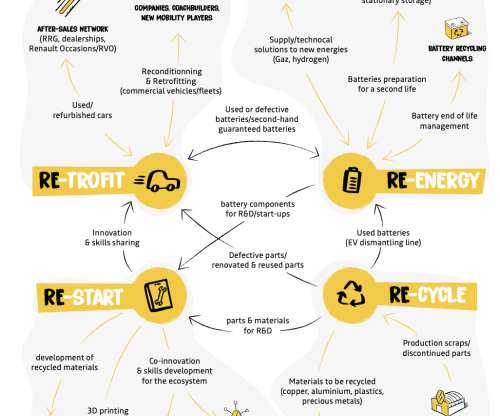


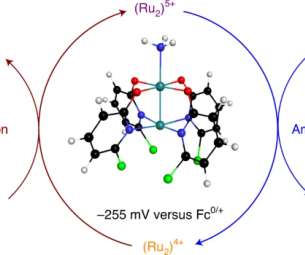
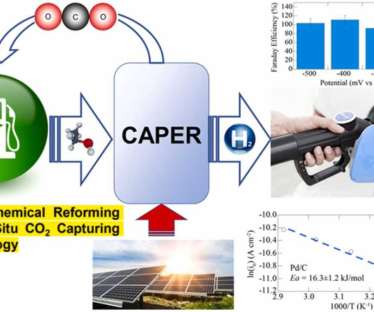





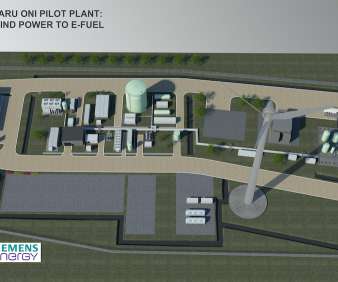








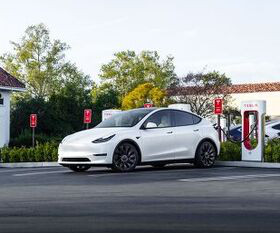

















Let's personalize your content